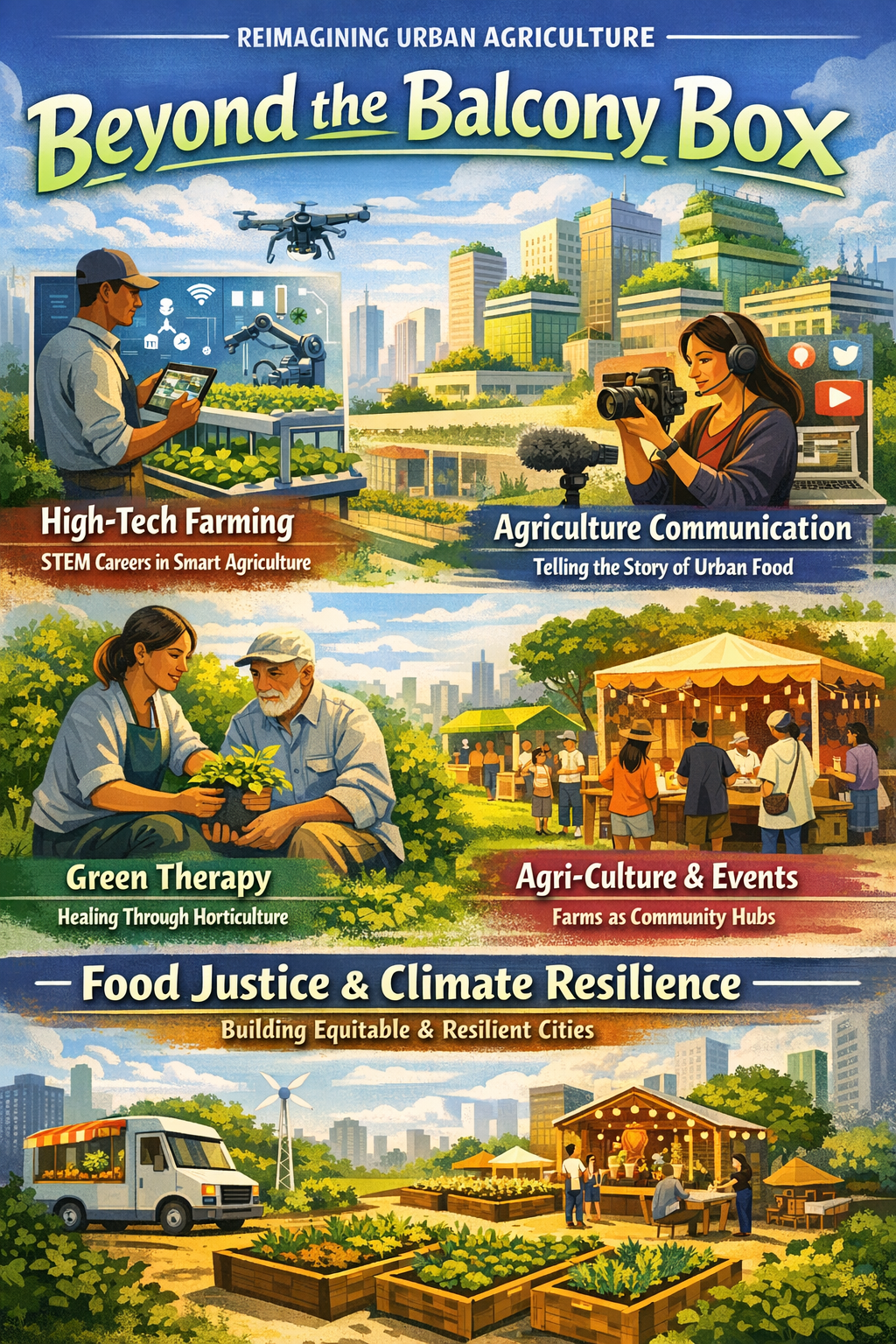It leaves us with a critical question: What could our neighborhoods look and feel like if a generation was empowered with these skills to redesign their own local food systems from the soil up?
Read MoreRecently, the Greater Augusta Black Chamber of Commerce Agribusiness Committee, represented by Chimere J Brown and LaShawndra Robinson, had the honor of joining the CTAE (Career, Technical, and Agricultural Education) Advisory Council at Cross Creek High School.
Read MoreGrowing Augusta: Arts, Agriculture & Agency is launching AgLab: #ChickEdition, a high school adaptation of Sunshine Farms’ popular chick hatching project. While the original program was designed for elementary learners, the Cross Creek pilot retains the engaging embryology experience and explicitly embeds Georgia Basic Agriculture (02.47100) competencies - so teachers can deliver rigorous, standard-aligned instruction with clear student artifacts.
Read MoreAs a long-term substitute teaching agriculture to grades 9–12, I’ve experienced firsthand how discipline challenges in an elective class can overshadow even the best-planned lessons. That’s why incorporating SEL isn’t just helpful — it’s essential.
Read More



